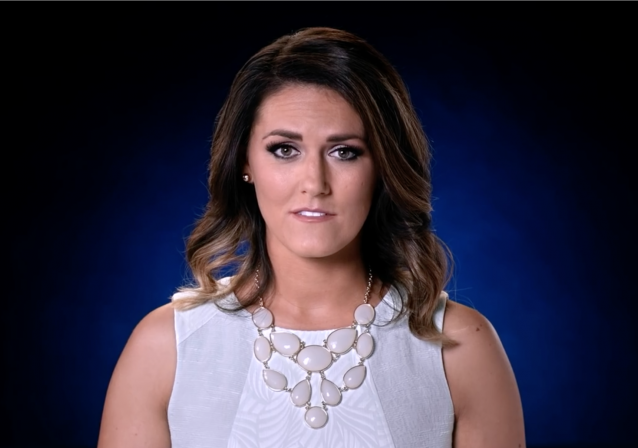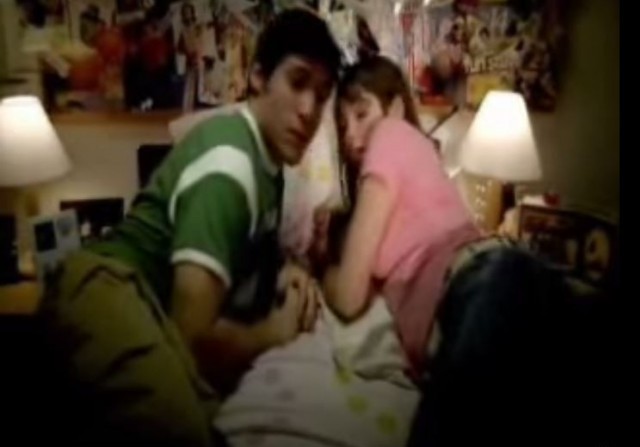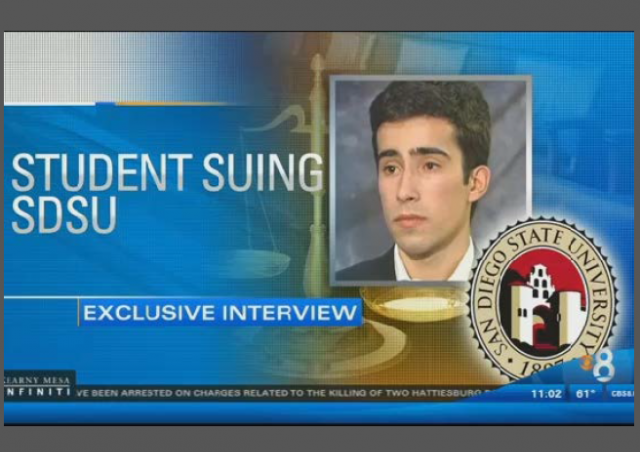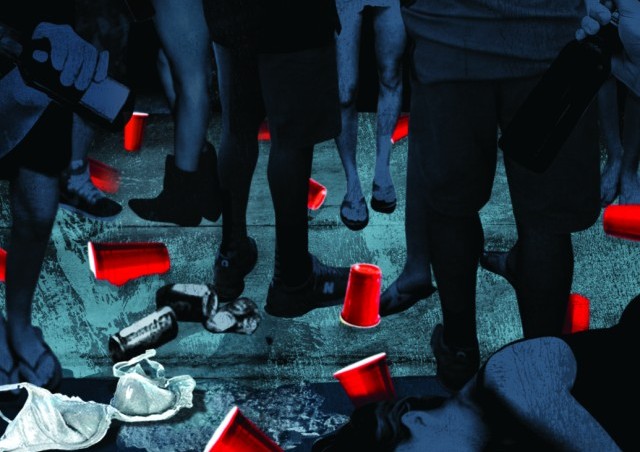If Stats Are Accurate, Yale is Almost as Dangerous as Detroit
on August 31, 2016
4 Comments
Who knew attending an Ivy League school could pose such a threat to one's personal safety? Yale University's newest report on campus sexual misconduct suggests life at Yale is almost as dangerous as the city of Detroit.
The College Fix reports:
Yale’s latest sexual-assault report suggests school is more dangerous than Detroit Yale University continues to impose sanctions on students and faculty even when they are not found responsible for sexual misconduct, according to its latest half-year report on sexual misconduct.

















